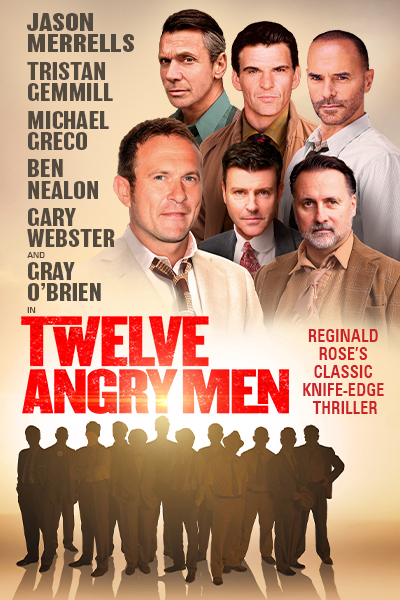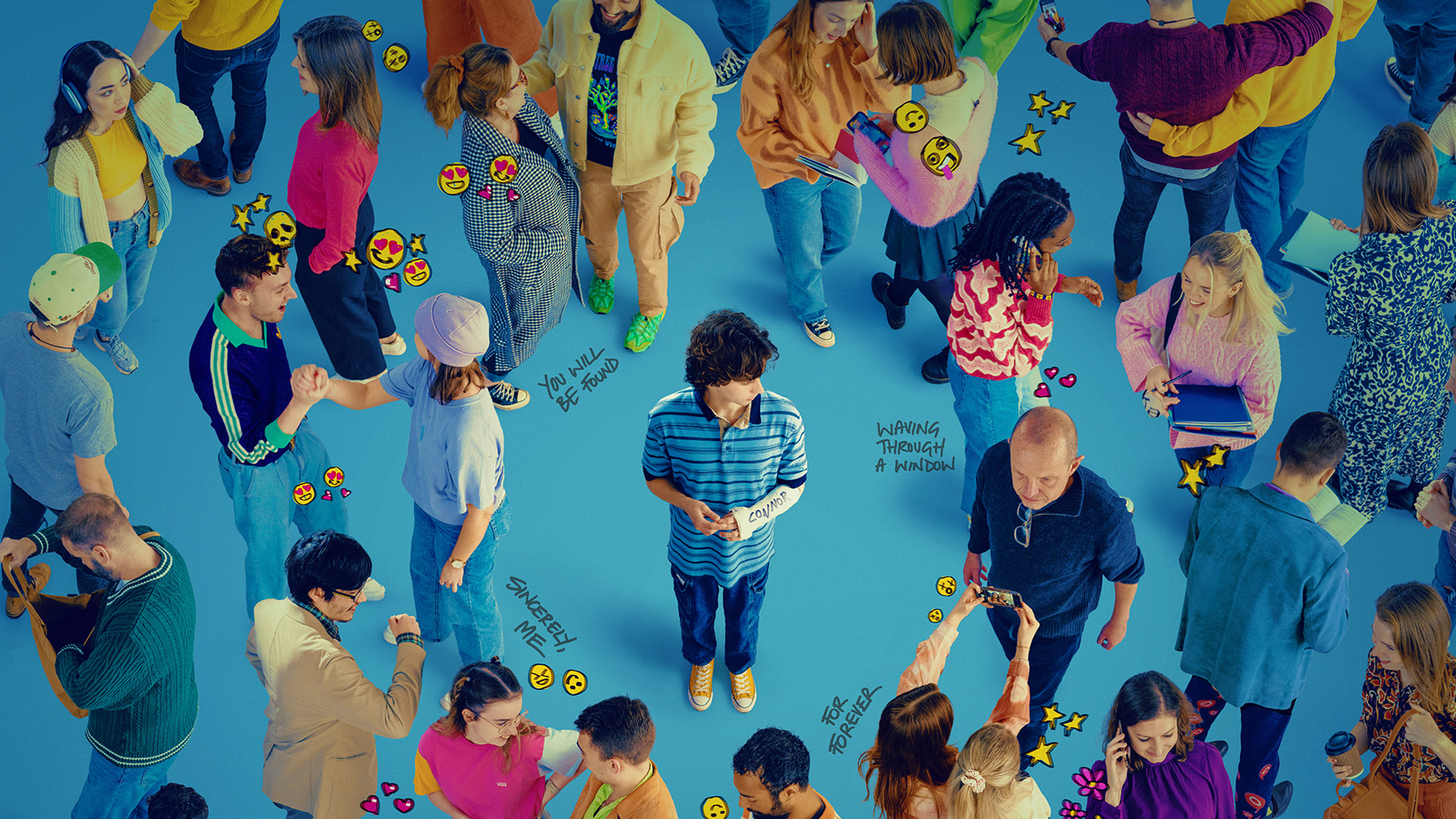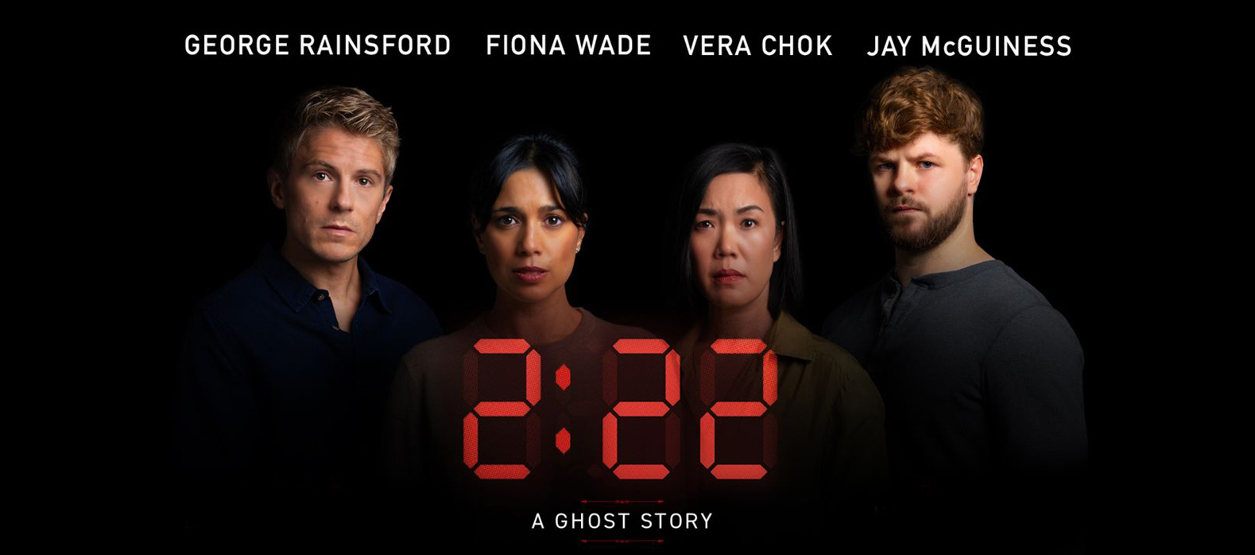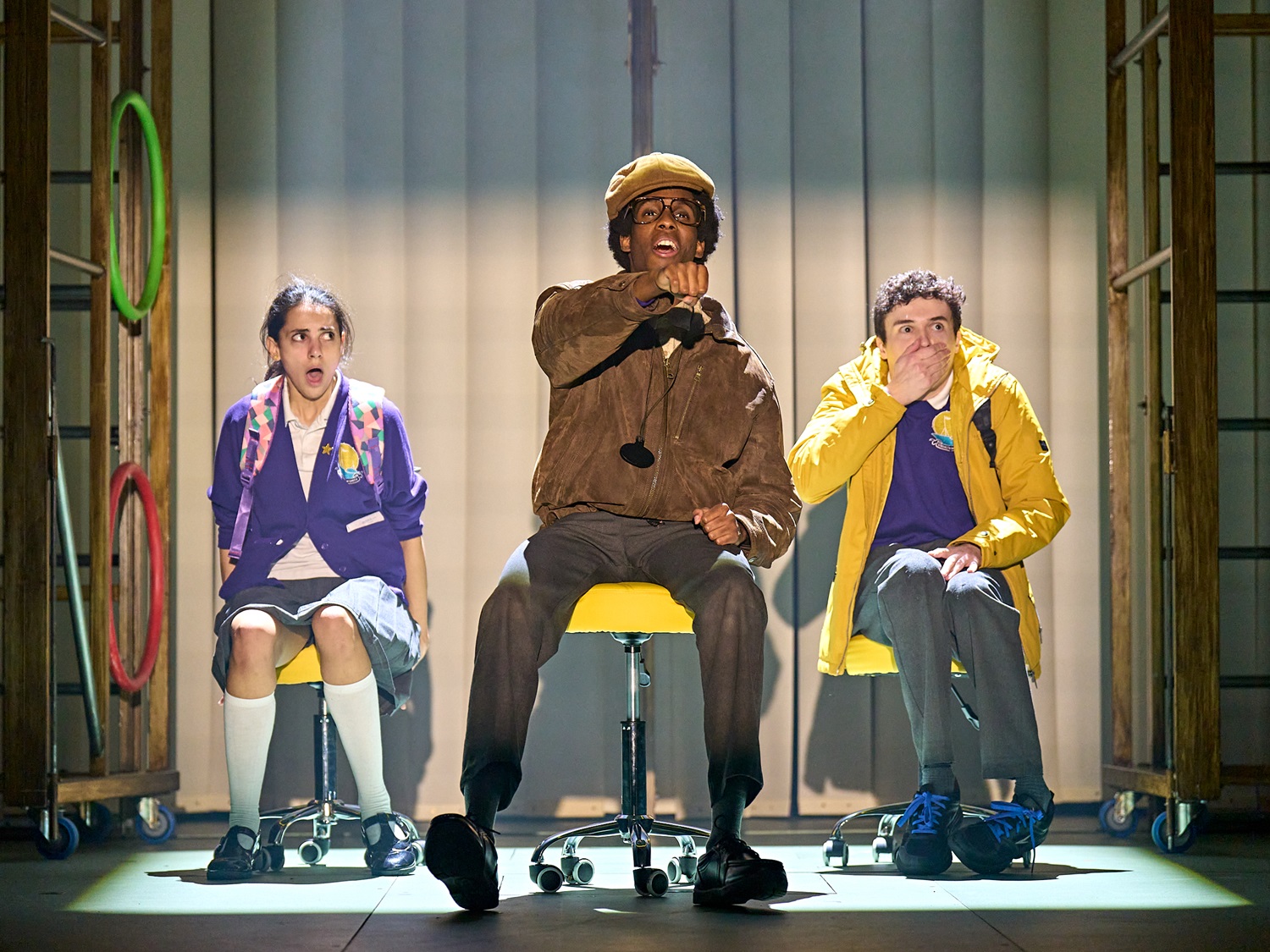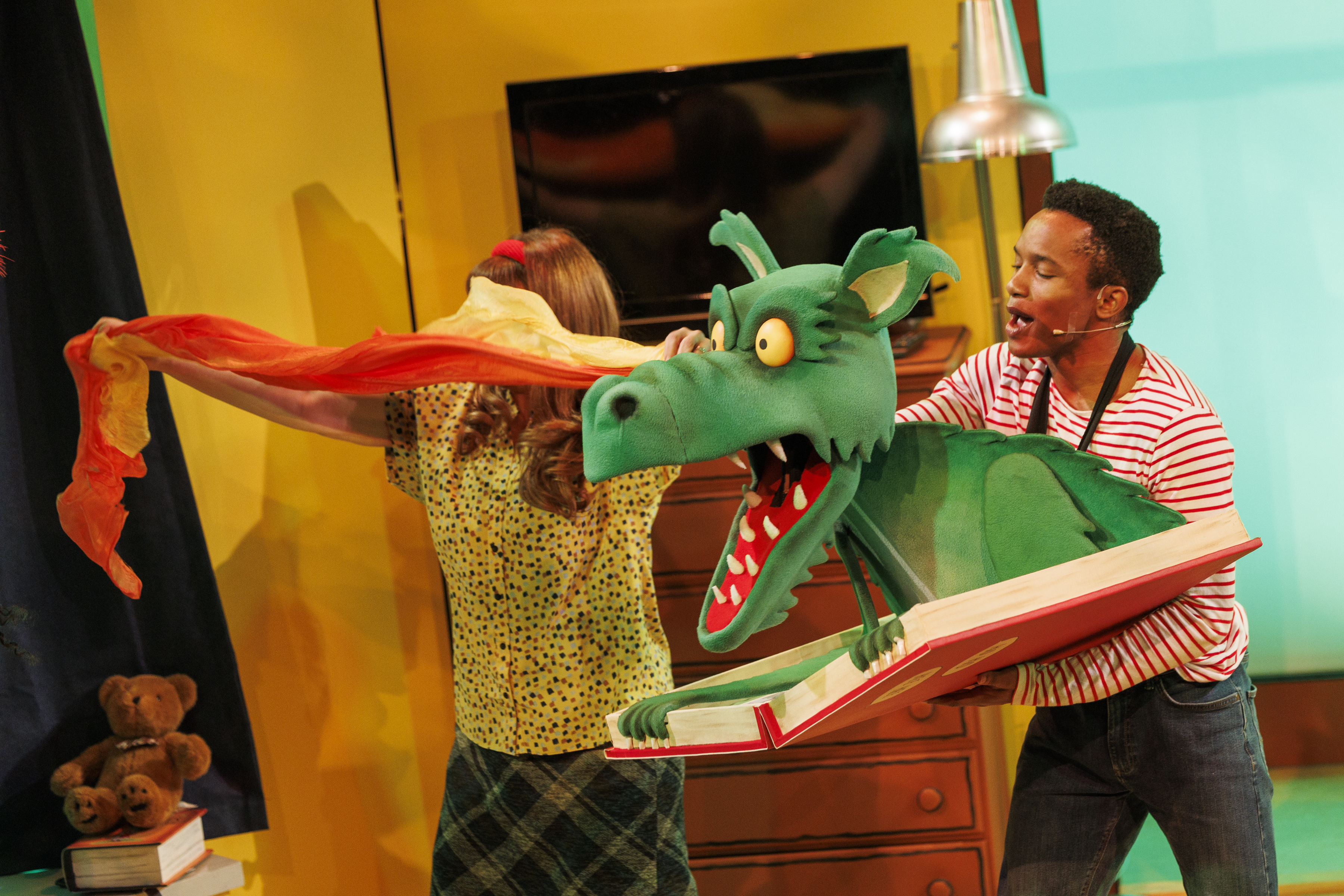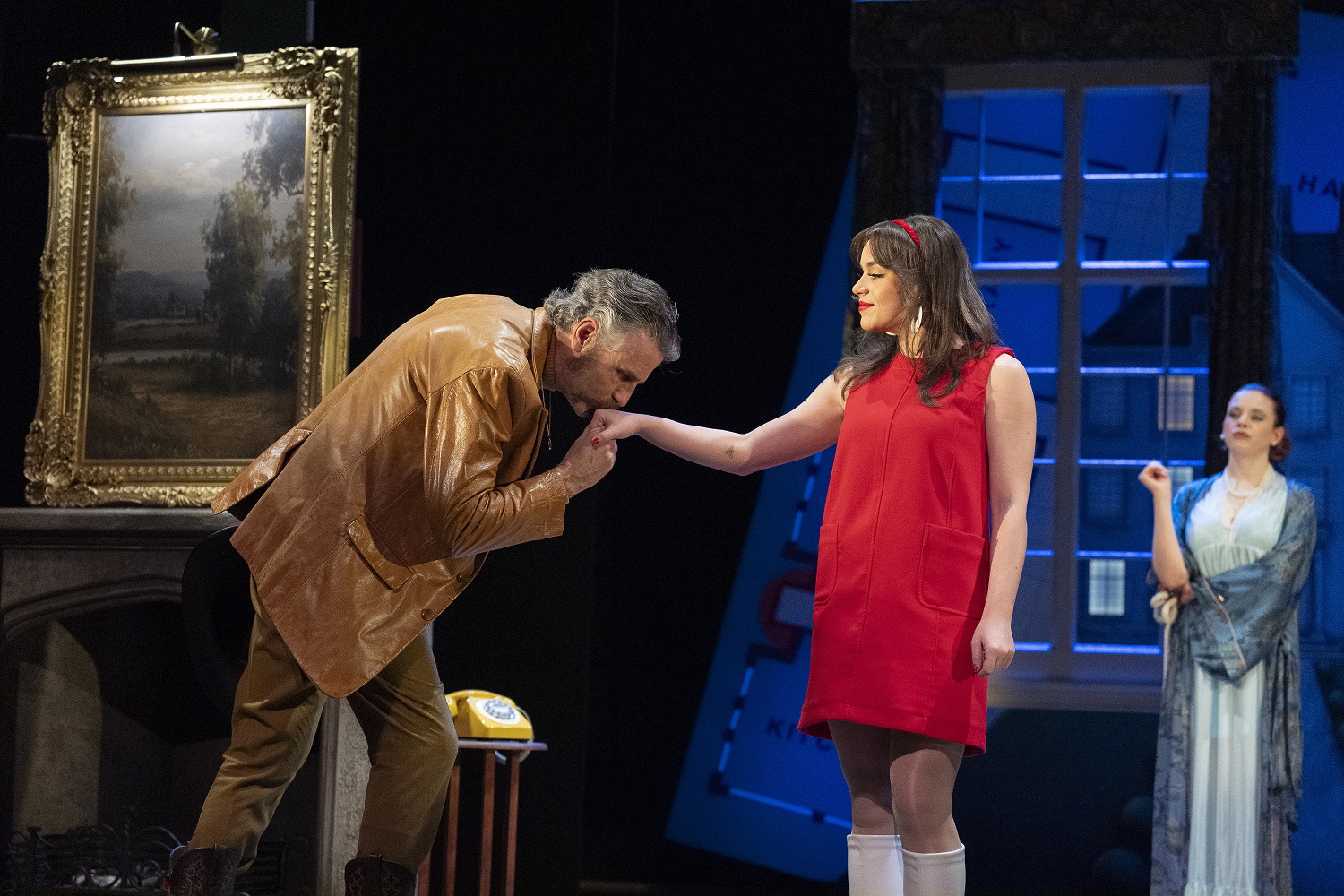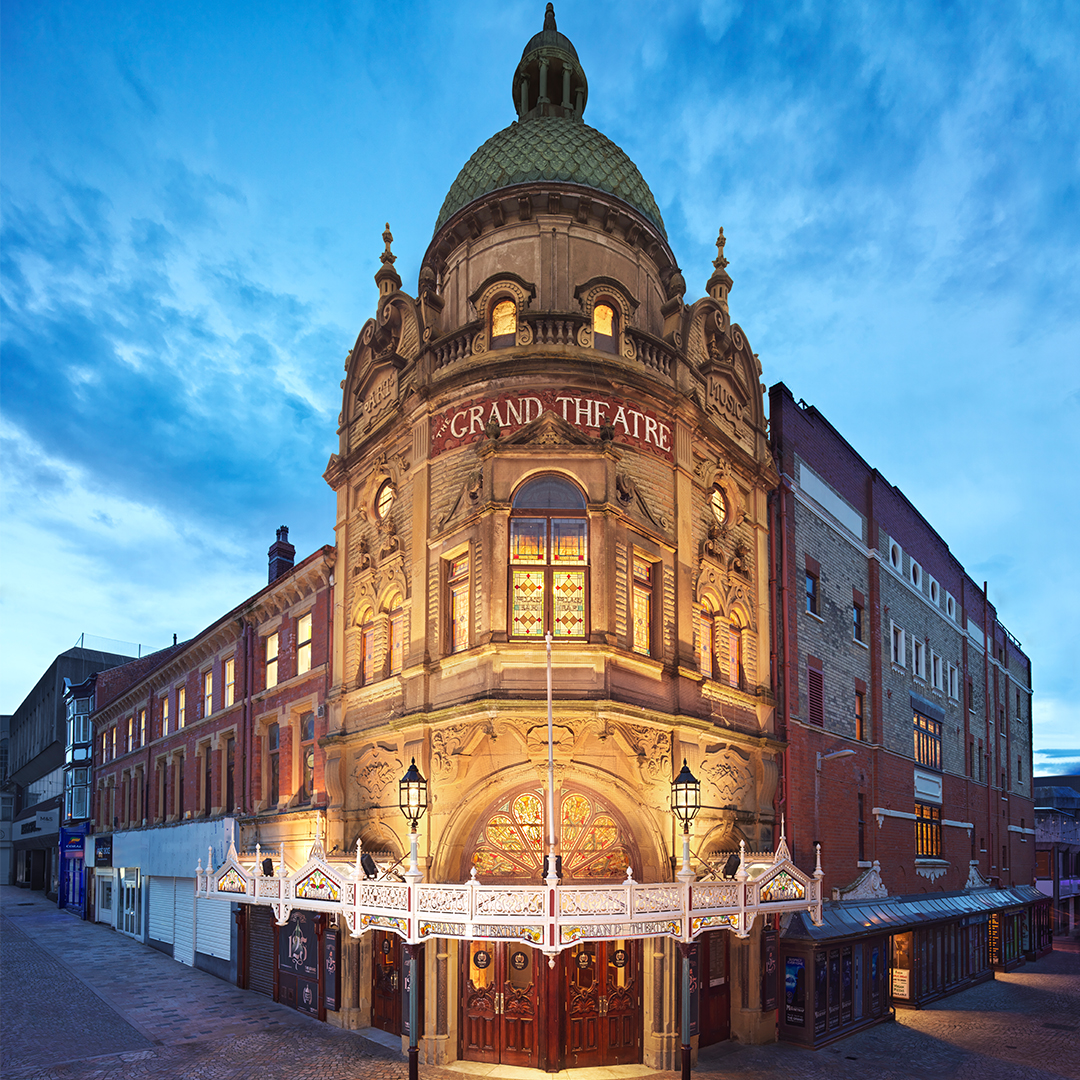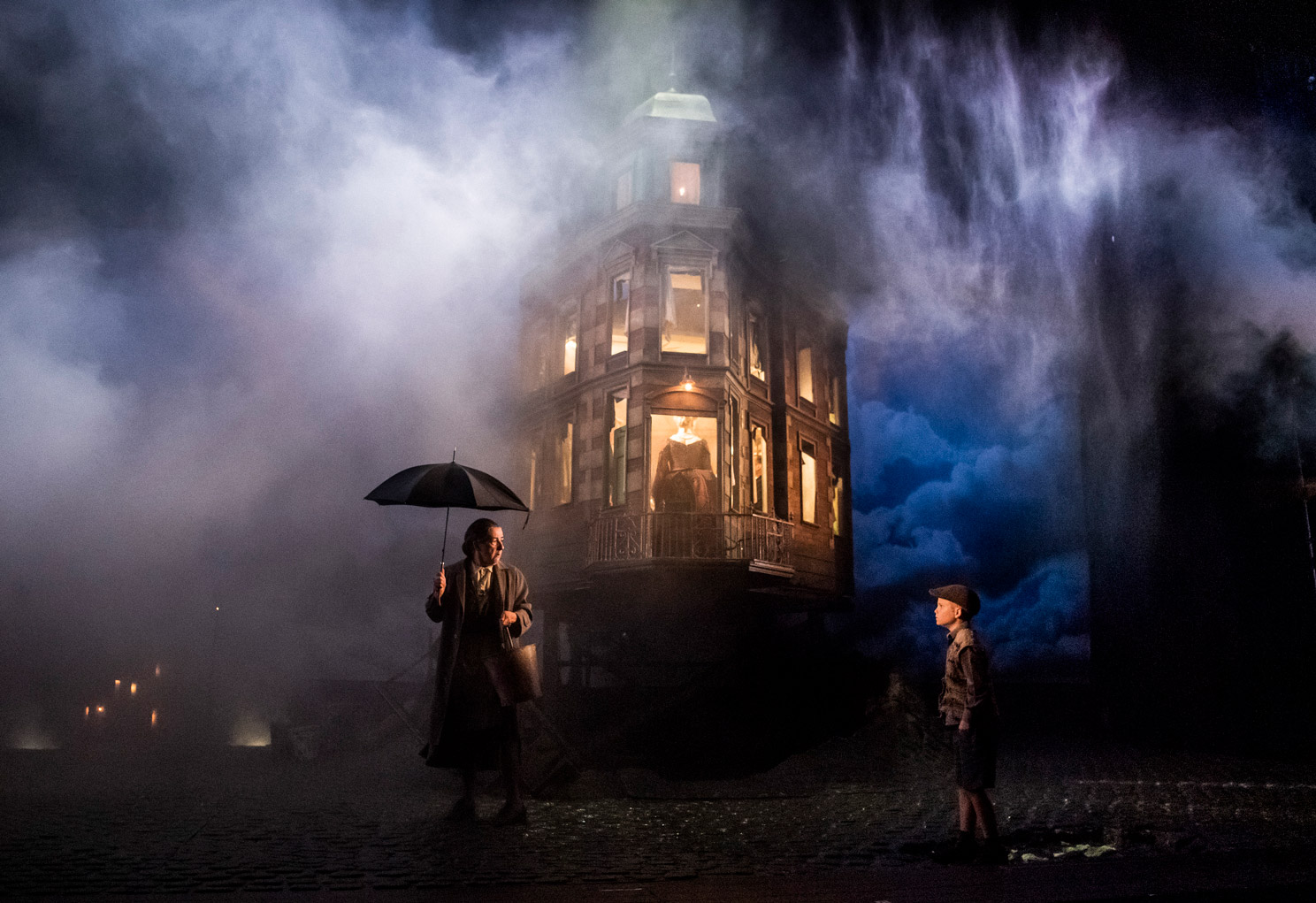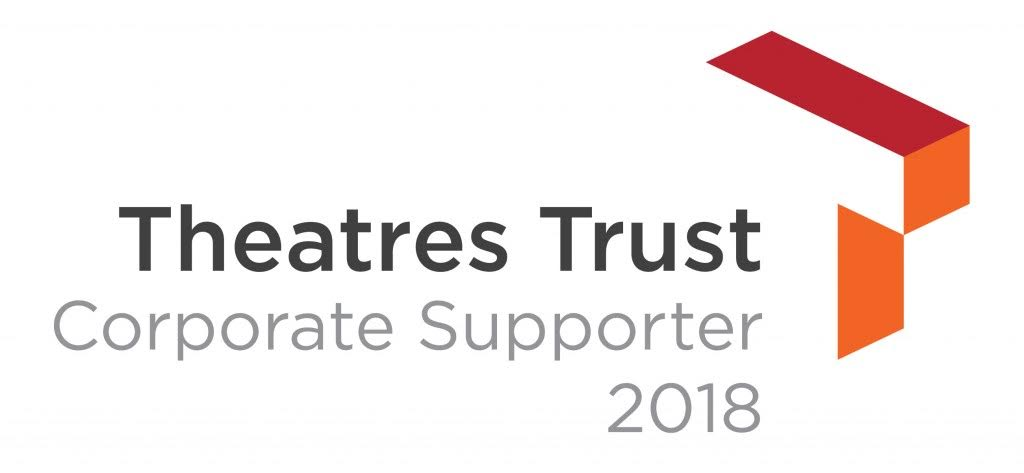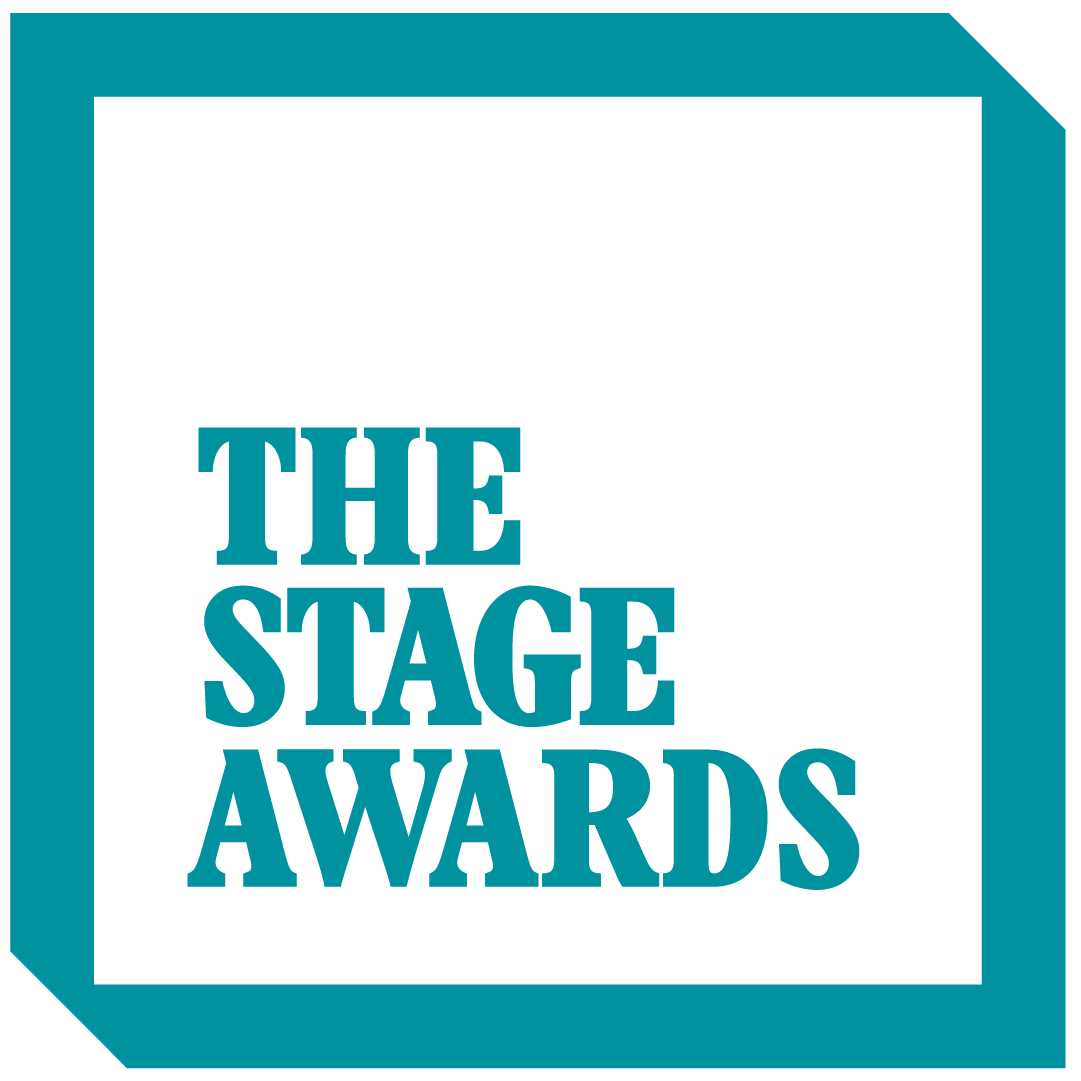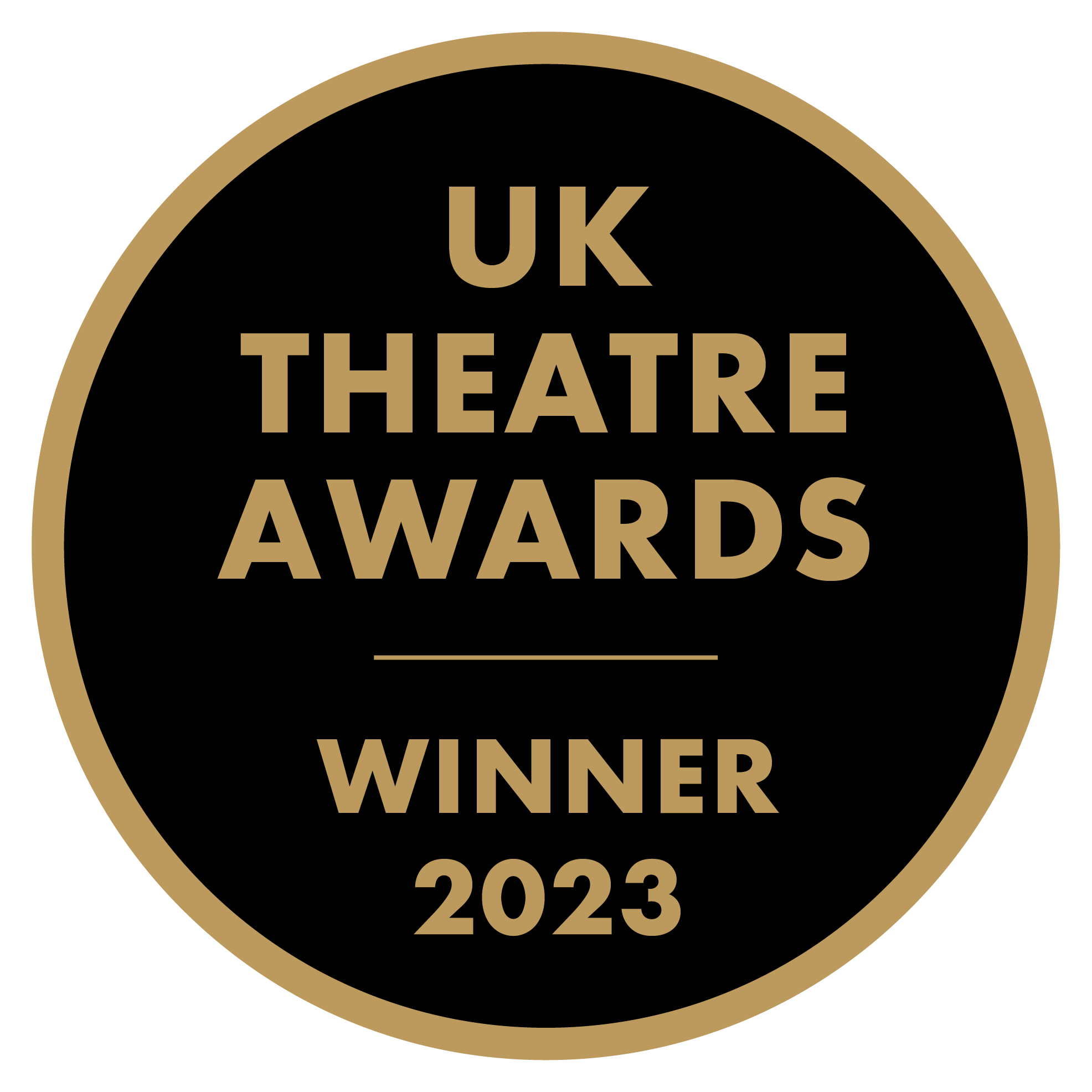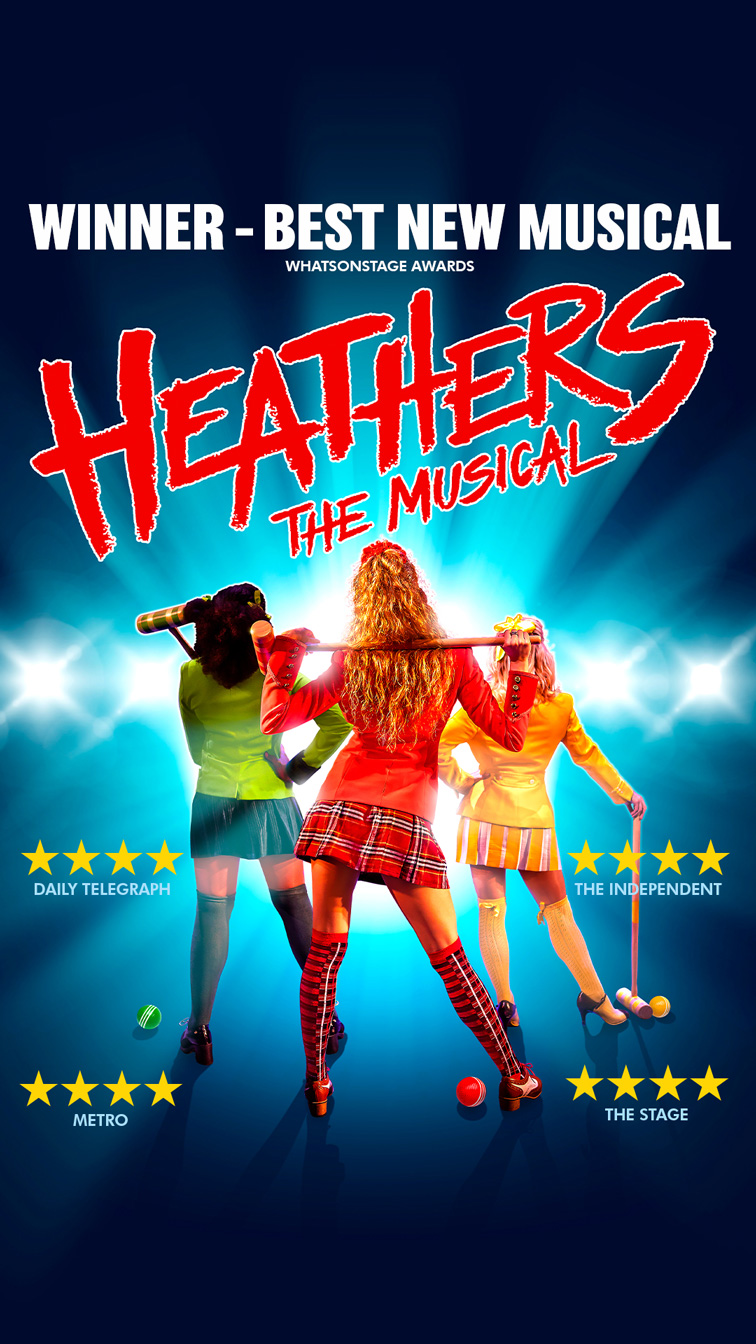

Creating a Rehearsal Space
min read
Share
Rehearsal rooms are just like classrooms, where actors and directors can both ask questions and explore. Creating a safe environment for every learner is vital for that.
Whenever the RSC Education team works with schools and teachers, at any level, one of the first things we look at is how to create an environment for learners where they can take risks, ask questions and experiment. RSC Head of Professional Development, Miles Tandy, talks to us about creating that rehearsal environment in your own space.
“In the classroom, as well as in a rehearsal room, you’re looking for very similar qualities; in both places you want to create an atmosphere and a culture where young people can take risks and make discoveries together. There’s no question that when we’re looking at Shakespeare in a classroom, or in a rehearsal room, that there are things we can get wrong, where we can go along a false trail and misunderstand things that are in the text. Equally, there are an almost infinite number of ‘right’ answers to particular problems which is one of the reasons these plays have endured for as long as they have; you can always find something fresh in them, a new way of interpreting them, of bringing the group’s particular understanding into what you’re doing. So, in a classroom I need to go in feeling that – yes, this is really difficult stuff we’re looking at together, but between us we can find some really imaginative solutions to the problems it presents us with. And together we can come up with a really rich set of answers to the questions Shakespeare poses.
“Creating a safe environment in your space is incredibly important in achieving all of this. And that doesn’t just mean safe in a physical sense (important though that is), it goes a long way beyond that. It means that, as an actor, however old I am – whether I’m 5, 15 or 50 – I need to feel that it’s perfectly alright for me to take a risk. And that safety, that permission to make mistakes, is the thing that enables me to bring things to the discussion. So when I make a suggestion or I try something different I need to know that the rest of the group are right with me – including the director or teacher: that they’re not going to criticise me. They might say ‘I think it worked better when we did it this way…’ but I’m never going to be made to feel stupid or vulnerable because of what I’ve brought to the process.
“I think the first thing you want to do when building a rehearsal environment is to create that sense of acceptance and safety. That’s why when I meet young people for the first time we’ll begin with some games. These aren’t things that are chosen at random to warm us all up, they’re also things which illustrate and show how we expect to be working in the rehearsal space. So, I would begin with some games, which we would play in a circle. It might be something as simple as passing a single hand clap all the way around the circle, getting it round as quickly as we can. Then seeing if we can do two or seeing if we can do three, just to get the sense of working together and enjoying working together.
“The next thing I would work to do, is to get young people making images very spontaneously that are related to the work that we are going to be doing and what that brings out beautifully is that the text and the language they will be working with is open to a multiplicity of interpretations. So that’s a really important thing to get through at the beginning – that you haven’t arrived with a single ‘right’ answer. It’s not about you – as the Director – going ‘this is how we’re going to do this, and my job is to animate you like a group of puppets to do what I want you to do’. It’s much more about finding from you, from the students – what the solution is to these scenes or how we put these scenes together. So, as a director, it can often be unhelpful go into a rehearsal room with a concept or an idea. It’s much better to go in with a question, or with a series of questions; problems, that we have got to solve as a group of people, together. And if you can get that going from the beginning then it’s just brilliant. Because then everybody is really generous about what they bring to the process. If it’s all about you – as a director – then they will just withhold everything that they know because they will feel like it’s the director’s job to provide all the answers.”
You can also take part in the RSC Dream Team 2016 Playmaking Festival and apply to perform in Stratford-upon-Avon or work with an RSC Artist in your school.
A Midsummer Night’s Dream
Grand Theatre Blackpool
Tuesday 5 to Saturday 9 April 2016
Tickets from £19
Concessions, Friends and Group Rates available
Our booking fee is included in all stated ticket prices. Booking fees are not payable on group or school bookings of 10 or more.
Call Box Office on 01253 74 33 39 or visit blackpoolgrand.co.uk
Facebook – www.facebook.com/blackpoolgrand
Twitter – @Grand_Theatre
Youtube – www.youtube.com/theGrandBlackpool

